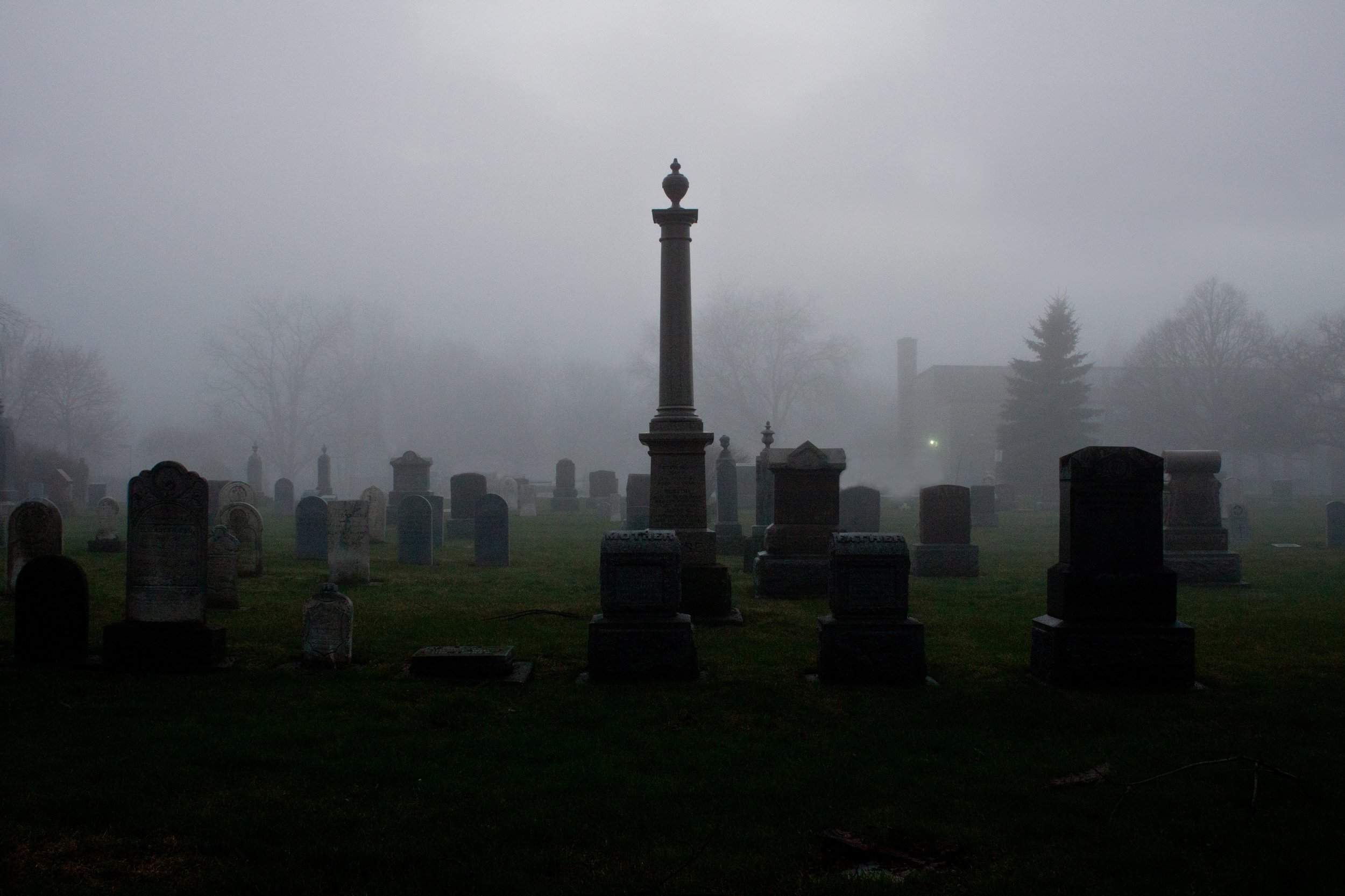Breadcrumb #79
CHRISTINA MANOLATOS
“I’ve always wanted to be lovers with the sheriff,” I mused to Harry as I turned over in the bed to face him. In my head I reminisced on my girlhood crush for this stoic, gray man, and which events allowed me now in my early adulthood to share a bed with him. My thoughts felt white.
My car wasn’t working, so he lent me the sheriff’s truck. This way I could leave town for a few hours; he said I would find him when I came back later that afternoon.
I took the only road out and stopped while still on the main drag, before the road continues on into the mountain, bare of houses and buildings and electricity for 100 miles. I pulled into a motel at the last light in town. I’d driven by it countless times, and although I pulled in right under the vacancy sign, I couldn’t be bothered to look up and read its name. It stood two stories tall with pathetically tiny “luxury balconies” attached to every unit. They jutted out the face of the building, awkward and shameful, exposing themselves to the street.
I shut the engine off, but left the radio on and turned it up. I dropped the driver's side door open, and I dangled my left leg out of it while I lit a cigarette and started intuitively bobbing my head.
I wasn’t sure how long I had been gone — probably no more than 15 minutes. It was the type of early summer afternoon rife with possibility for the coming weeks. The sun was heating up the upholstery of the car, releasing the familiar stale odor created from years of driving and lovemaking and chain-smoking, a scent so enveloping and comfortable. It had become untraceable in the cold dead air of the prior winter.
I viewed my tan legs, and languidly took inventory of my things: wallet/smokes/lighter/notebook/pencil, all of which were piled awkwardly in the center seat without the confinement of a purse. I didn’t remember the familiar clumsiness of carrying those items at once by hand, which led me to notice I couldn’t remember leaving the house that morning.
I turned my gaze back to the street in an effort to recall, just in time to catch a young man at the passenger window.
I recognized him. I couldn’t place from where or under what circumstance to have made him so friendly and confident toward me, but when he asked me for a ride, I didn’t say no.
He eased angularly into the car, remarked on the warm air, and without words I turned the ignition and lowered the window for him.
Instinctively I spewed a few polite, short sentences about how I don’t mind driving him, and should be getting back to Harry anyway, although at that point I had probably only been gone a half hour.
As we moved further from town, my eyes began the ritual scan back and forth between sidewalks, looking out for a man in an entirely khaki ensemble, and a large yet stout sheriff’s hat. His gait would be deliberate yet cautious, with impeccable posture, and a jawline so strong you could almost see it through the back of his head.
Of course he wouldn’t already be out to meet me, but it was force of habit, and I kind of enjoyed the idea of “looking” for him.
At the threshold of the small residential downtown, the atmosphere and landscape drastically changed.
Upon making the first turn off the main road, the street became covered in snow. Not a white, fluffy, packing snow, but a rigid, chunky, blue-cold snow. One already littered with flecks of dirt and flora debris, as if someone had stirred it up on the floor of the forest before blanketing the town in it again.
“Not a white, fluffy, packing snow, but a rigid, chunky, blue-cold snow.”
There were people on the street, mumbling amongst themselves. And there were wolves. White ones. Almost five feet tall, with lean faces. Their gazes moved from body to body in the patchy crowd, yet somehow remained fixed. I slowed the truck almost to a stop, and looked over to my passenger for companionship in this turn of events, only to find I was alone.
I thought of Harry, but I could no longer remember anything from this morning. If he had actually lent me the car, or if the opportunity had finally come for me to kill him for fun, and I had just taken it.


